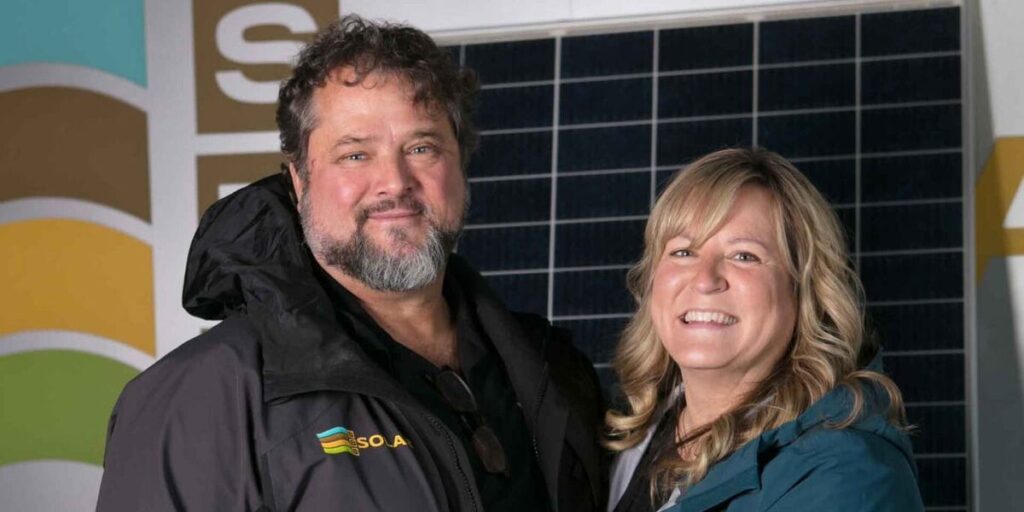This as-told-to essay is based on a conversation with Ralph Walters, 50, the owner of SBS Solar in Missoula, Montana. It’s been edited for length and clarity. BI has verified the number of employees and their salaries. Representatives for the White House did not respond to BI’s request for comment.
I bought SBS Solar from my former boss in 2020, when it was a pen and paper business with only six employees. Then the pandemic happened and people flooded into Montana, awed by the beauty and, it seems, drawn to solar. I couldn’t hire fast enough — business ballooned, and I now have 15 people on payroll. It’s a wonderful team, based on massive amounts of communication and honesty.
The tax bill could massively shrink my team
Most of the guys at the company are under 30, with backgrounds in forestry or construction. Since I’ve taken over, the minimum rate has risen to $25 per hour, and I don’t anticipate anyone will make less than $40,000 this year. We’re offering health insurance and paid time off for the hourly guys, and I’ve been able to give some promotions.
That’s all in jeopardy now, and my guys know it. Beyond somehow figuring out what to do with the tariffs, the rollback of clean energy tax credits in Republicans’ proposed spending bill could force me to make big cuts. I’m especially worried about ending the Residential Clean Energy Credit, which covers 30% of the cost of installing solar in your home.
If the bill passes in its current form, I’d probably have to shrink back down to around five employees. It’ll be a period of bonuses and thank yous and goodbyes. I cried just talking about it for this article.
I considered keeping the truth from my employees
My wife and I co-own the business, and we’d chat at night about what would happen if we were fully honest with our staff about the outlook. Would people check out mentally? Would they quit? We could’ve kept them in the dark until one day saying, suddenly, that they shouldn’t come to work the next morning. But that wouldn’t have worked on the human level where we operate.
So we had a big meeting. We caught everybody up and promised to keep them in the loop. The meetings were emotional, but everyone was understanding, and, in some ways, that makes it even harder. Nobody has left so far, to my surprise.
This company has opened life up for the guys on my team. They’ve bought new cars, proposed to their girlfriends. I can’t speak for them, but I don’t think they would’ve done that if they were still in their old jobs.
The spending bill wouldn’t just affect my business — it would impact solar in Montana overall. Some of our customers are what you’d expect: liberal green energy advocates. But this is a conservative state, and a significant chunk of our business comes from people who don’t want to depend on the government for their utilities or much else. Missoula is a pretty wealthy area and at least some people will probably keep using solar without the tax credits, but I doubt the same is true for more rural places where people make the switch purely to save on energy costs.
When I first learned about what’s in the bill, I felt terror, plain and simple. I don’t know what’s going to happen with the credits, or my business, or the young guys I employ. What I do know is that I owe my team honesty about whatever it is that comes next.
Read the full article here


